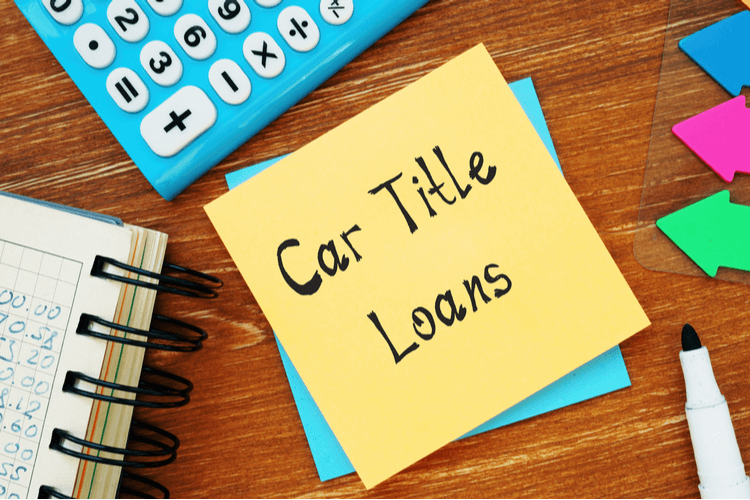Here’s the gist of our personal finance for dummies: you need to not only know how to earn money, but how to spend it as well. Spending money is really easy, you could be earning a 6-figure salary and still be counting pennies by the end of the month if you don’t pay attention to where your money is going.
On the other hand, if you take control of your money and start spending it with the right priorities in mind, you can achieve financial stability (and maybe even prosperity) with a much smaller salary.
And this is how to do it:
Personal Finance for Dummies Guide
1. Start Budgeting
This is the first and the most important step to learning personal finance for dummies. If you do nothing else, you must set up a working budget. Working being the important word here. For this, you’ll need to sit down, take a good look at your bank statements, and figure out where your money is going.
There will be expenses that you cannot skip – your rent, your utilities, your debt payments. But there will also be groceries, takeout, clothes, cigarettes, etc. And that is where the budget comes in. For each of your expense categories, you’ll be budgeting the amount of money you can comfortably stick to – without indulging yourself too much.
2. Needs vs. Wants
When budgeting, even if you know nothing about it or you are operating on a personal finance for dummies level, know that you’ll need to prioritize certain categories over others.
First, come the expenses you cannot skip – the rent, the utilities, the debt payments. You’ll be needing to put money towards these expenses no matter what.
Then come the expenses that need mitigating – things like groceries and savings (yes, savings as well). These are the things you cannot skip, but the amount of money you spend on them can be adjusted according to your needs.
Last come the expenses that can be skipped if something happens – takeout, coffee, brunch with friends. These are the things you could do without if pressed and needing to cut certain things out – but shouldn’t if you don’t need to. This will allow you to have some fun – but will stop you from mindlessly wasting money.
3. Live Below Your Means
Just because you have money, doesn’t mean you should be spending it (another tip when learning personal finance for dummies).
When setting up your budget and tracking your expenses, take a careful look at things you spend money on – maybe you could do without some of them?
Leave in things you use more often and cut the rest – leave only Netflix or Hulu among your subscriptions, cut the cable, switch to free app versions.
This goes for the rest of your life as well – try to switch to a cheaper rental or move in with a roommate (if you’re living on your own), switch to a cheaper car to cut down on monthly payments, buy generics instead of name-brand products, etc.
Avoid the lifestyle creep, in other words.
4. Short-Term Savings
Your first priority after cutting expenses should be your short-term savings – i.e. your emergency fund.
The emergency fund is the money you’ll be using for unplanned emergencies – anything from a car breakdown to a job loss. The optimal amount of money in an emergency fund is, according to most financial experts’ advice, between 3 to 6 months’ worth of expenses.
5. Long-Term Savings
After saving 6 months’ worth, most financial experts would say you should stop because from that point you’re starting to lose money on the emergency fund.
This is when you should start saving long-term for your retirement, by starting to invest money and maxing out your (Roth) IRA.
Why Is An Emergency Fund So Important?
Because financial emergencies are the most likely culprit when it comes to busting your budget. When hit by unexpected bills, like a need to call in a plumber or take your car to a mechanic, you’re not likely to be able to postpone dealing with the problem – it will only get worse. So, you have no time to make money on the side.
If you don’t have an emergency fund and need fast cash – you might want to think about taking out a title loan.

Why Use a Title Loan?
Title loans are the easiest and fastest loans you can seek out. The entire process takes on average around 30 to 45 minutes. It’s simple and straightforward, and you need only a couple of documents to apply.
The lenders will be accommodate any type of income and they won’t check your credit history – so you can easily get approved even if your credit score is bad or non-existent, as long as you satisfy the few requirements the lenders actually care about.
How Do I Get A Title Loan?
You can easily apply for title loans online by going to CashCowLouisiana.com and filling out the online form. You’ll be contacted by a store representative who’ll explain the entire process and set up a meeting with you.
You’ll need to bring your car, your car’s title (it must be in your name and completely lien-free), and your government-issued ID (you must be over 18) to the meeting, for the store representative to assess them.
If they determine you qualify for the car title loan and approve you – you’ll get the cash the same day.
If you know nothing about finance and are learning personal finance for dummies tips to stay afloat, you should know how to earn money, but also, how to spend it. How you spend money may be even more important than how to earn it. Truth be told, you can earn more than most, but if you do not know how to spend or even what you spend it on, you can in fact be more broke than someone who makes considerably less than you. When this happens, Cash Cow of Louisiana is here to assist you with the fast cash title loan you need to handle an emergency.
Note: The content provided in this article is only for informational purposes, and you should contact your financial advisor about your specific financial situation.







